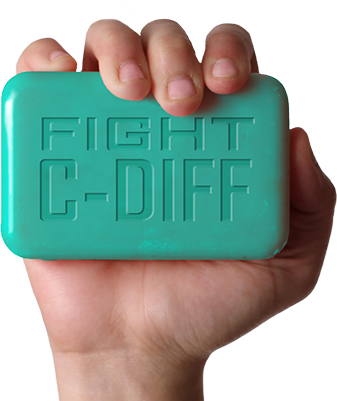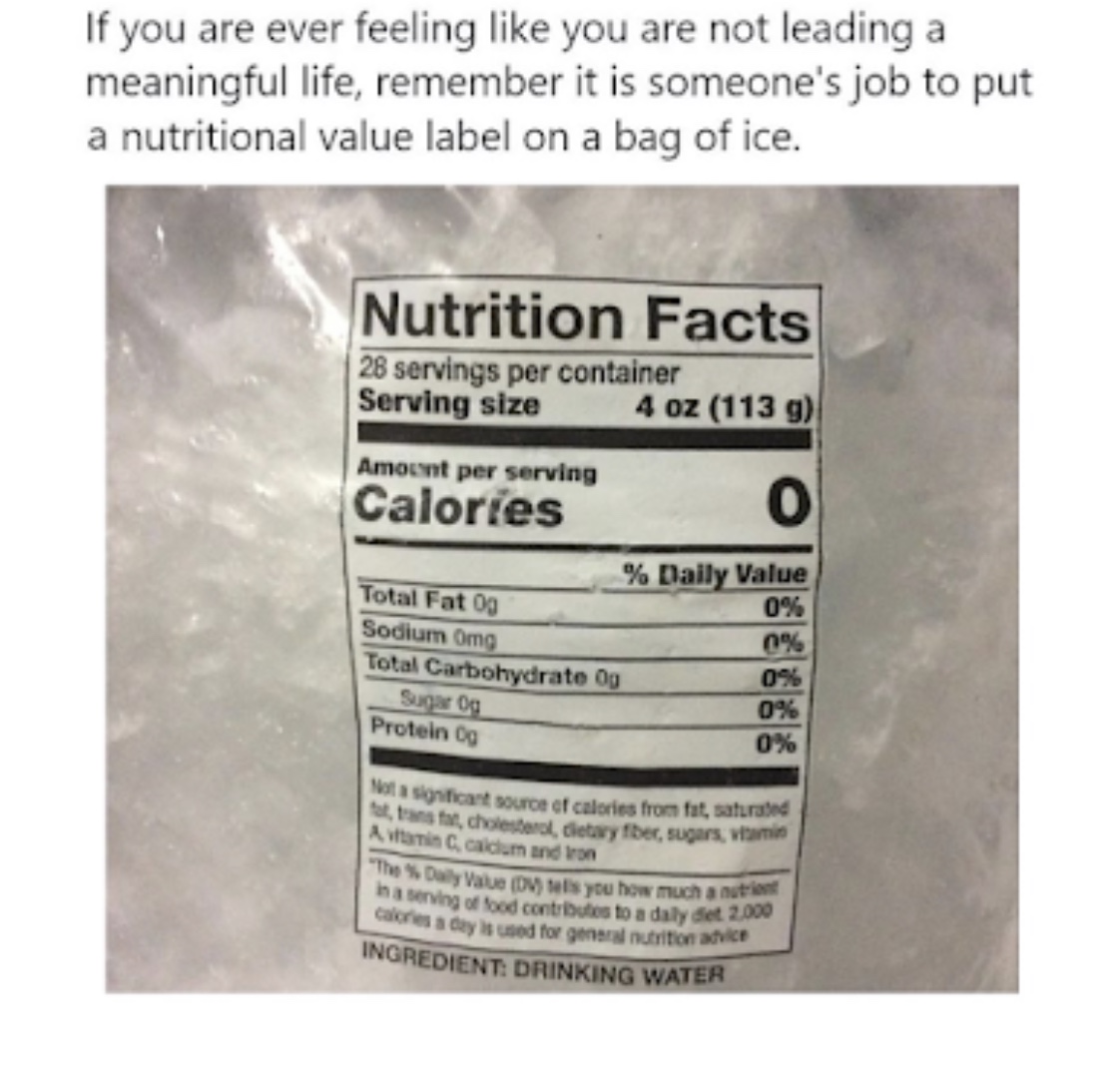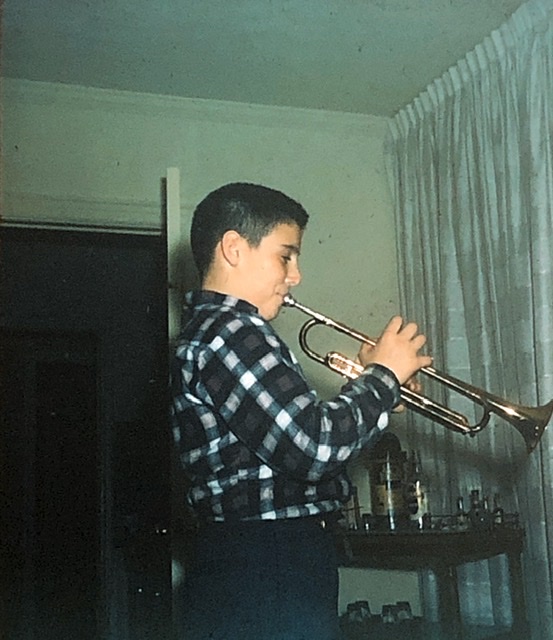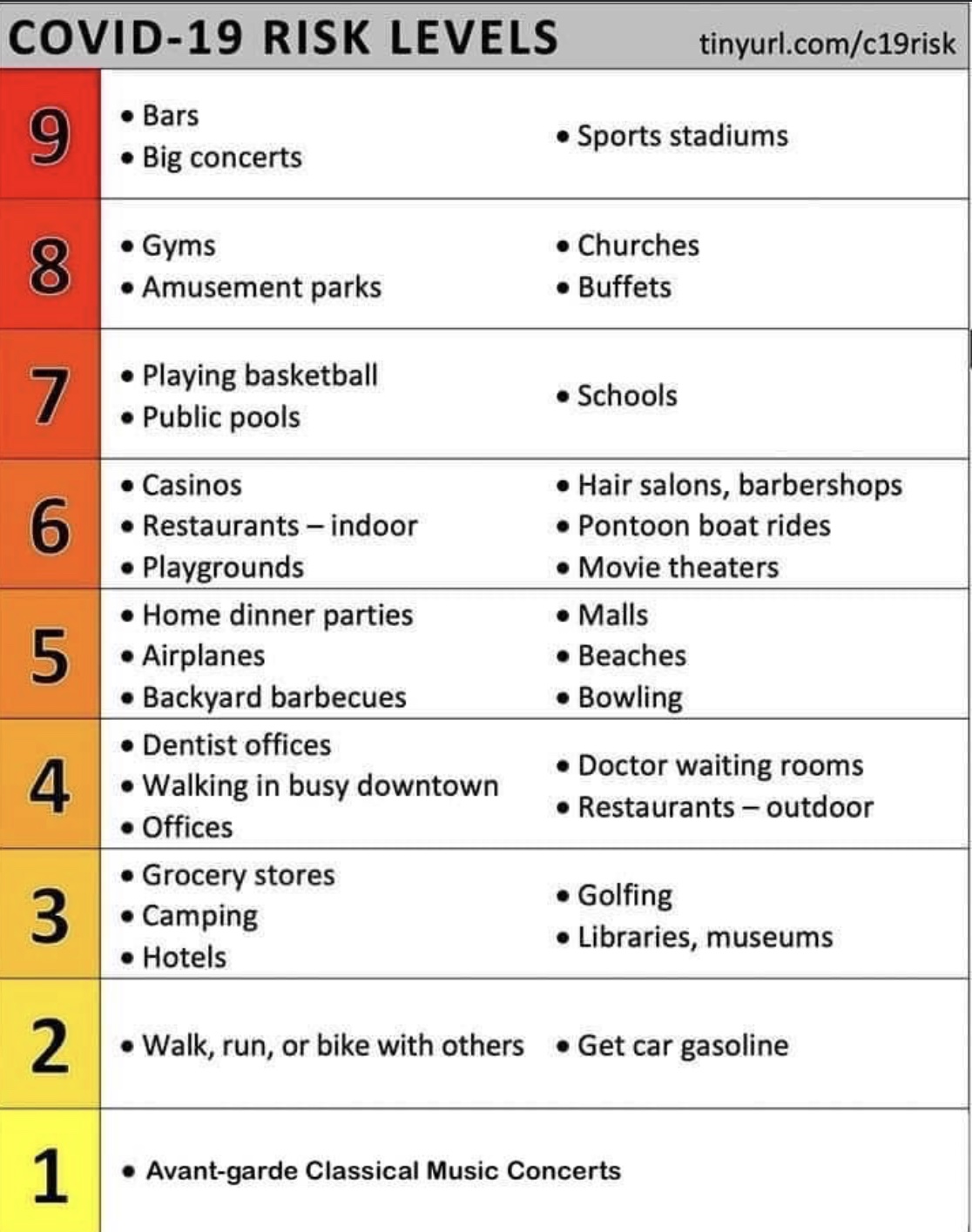@Dr-GO
My statement was “Sorry to add to this since I just arrived to the discussion. This is not meant in any way as aggression, just clarification of your conclusions. Isopropyl Alcohol, also known as propran-2 ol, propranolol2, Rubbing Alcohol, etc, is not effective against spores.“Alcohols are not recommended for sterilizing medical and surgical materials principally because they lack sporicidal action and they cannot penetrate protein-rich materials. Fatal postoperative wound infections with Clostridium have occurred when alcohols were used to sterilize surgical instruments contaminated with bacterial spores.“
The reason for me posting this correction, specifically about alcohols, including isopropyl alcohol. not being effective against bacterial spores, is not because it is relevant in the trumpet world, but because it is not factually correct.
This is not a comment on hyperimmune or immunoactive lung disease. The subject of Grune’s original post and concluding post was concerned the cleaning and dininfection of his trumpet. In his concluding post he made a statement about spore forming bacteria that was not correct, but also not important in the scheme of things concerning cleaning and disinfection. By washing one’s instrument with soap ( or detergent) and water spore forming organisms are addressed as best they can be short of washing with chemicals that might very well be destructive.
As far as modern, scientifically documented data, there are literally numerous peer reviewed studies, for example showing that soap and water, is far more effective than alcohol based hand sanitizers for prevention of Clostridium Difficile infections in a hospital or office setting. If you don’t believe me, walk into your nearest hospital and look at the sinks in the patient care areas. You will see a sign between the the hand sanitizer dispenser and soap dispenser, like the below one that says was your hands to prevent C. difficile.
I agree that many other factors including terminal room cleaning, antibiotic stewardship, handling of contaminated material etc are important. However, when you as a physician are making rounds in the hospita,l and or nursing home from patient to patient, or seeing patients In the office, and you have hand on examined a patient with a spore forming organism such as C. diff, properly washing your hands will clear 98%+ of the organism and reduce your chance of passing on the organism for colonization or future infection to the next patient. Peer reviewed studies show that using soap and water hand washing in combination with other precautions reduce these infections.

Hand washing with soap and water is significantly more effective at removing C. difficile spores from the hands of volunteers than are ABHRs. Residual spores are readily transferred by a handshake after use of ABHR.
The same general prevention methods are used in every day life as well as the food industry. The following are recommendations from the BostonPublic Health Commission concerning prevention of spread of Clostridia Perfringens, a spore forming organism that can cause diseases from food poisoning to gas gangrene. Hand washing is a central theme again.
How can I prevent Clostridium perfringens and other foodborne illness?
Always wash your hands thoroughly with soap and water before eating, before handling food, after using the toilet, after changing diapers and after handling your pets or cleaning up after them.
Cook all food from animal sources thoroughly, especially poultry. If the meat or poultry is still pink in the center, it is not cooked enough.
When serving foods buffet-style, keep hot foods hot and cold foods cold. Leftover portions of foods should be divided up for storage and cooled in a refrigerator rather than being left at room temperature.
Wash all fruits and vegetables before eating.
Carefully follow “keep refrigerated,” “sell by” and “use by” dates.
Use only clean utensils, dishes and cutting boards to prepare food that is already cooked or will be eaten raw.
Anything you use to prepare raw meat, seafood, or poultry (including your hands and the table or counter top), should be washed thoroughly before you touch any other food.
If you are taking care of someone who has diarrhea, scrub your hands with plenty of soap and water after cleaning the bathroom, helping the person use the toilet, or changing diapers, soiled clothes or soiled sheets.
If you or your child has persistent diarrhea (with or without a fever), or if the diarrhea is severe or contains blood, call your doctor or health center for advice.
This is not an academic medical discussion bulletin board. This is a trumpet board. If you wIsh to discuss my post further on a medical basis, give me a call at 305 664-7296 and I will be happy to have a discussion with you. Frankly, long posts that there might be little general musical interest are too time consuming for me.
Thanks for understanding.














